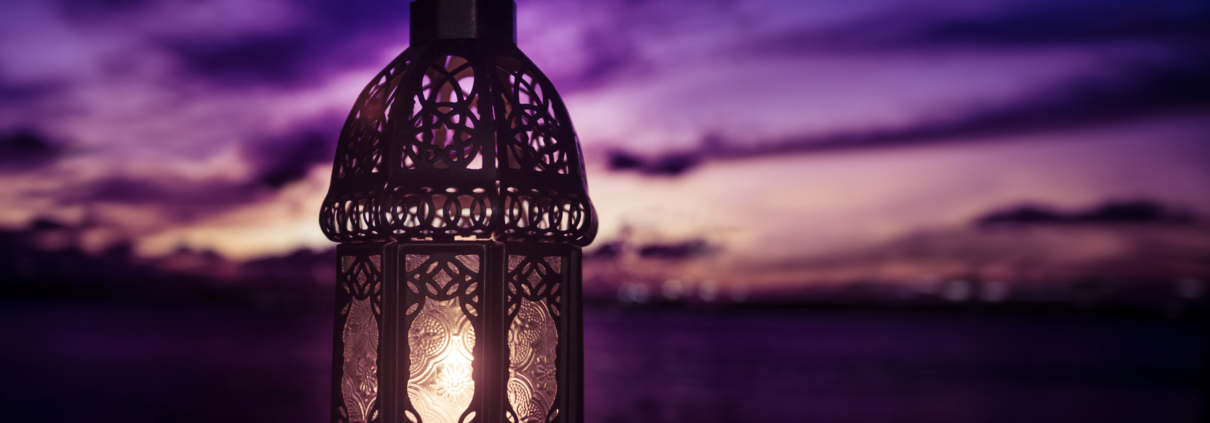After Prayer, I Found Dampness and Stains in My Underwear: What Do I Do?
Answered by Shaykh Faraz Rabbani
Question:
Today before I left my house to go to my madrasah, I did istibrah. I made sure I was pure and clean; when I go to the mosque, I had no urge to use the toilet then I felt like I had passed wind, so I asked my teacher to go the bathroom when I went, I checked if there was anything on my boxers and to my surprise, there was dampness on my boxers and a big stain. But I am confused because how did anything come out? I didn’t even feel it. What should I do? I cleaned it in the toilet with water.
Answer:
In the Name of Allah, the Merciful and Compassionate
Walaikum assalam,
I hope you’re doing well, insha’Allah. Your prayer was valid. The dampness and stains could be sweat or something else. Doubts are ignored: your wudu was intact, your undergarments pure, and your prayer was valid.
After Using the Toilet: Balance
Once you have rid yourself of remaining urine (istibra)—without exaggeration, nor excessive examination—you assume that no further urine will be coming out. [Tahtawi/Shurunbulali, Hashiyat Maraqi al-Falah]
If you have doubts after this, the Messenger of Mercy (peace and blessings be upon him) instructed us to simply sprinkle a little water in one’s undergarments. After this, any sensation or doubt is ignored. [ِAbu Dawud, others] This sprinkling is also established from his own practice. [Abu Dawud]
Note that it is not from the sunna to check and investigate. Rather, one assumes validity and soundness and ignores doubts and possibilities. [Nablusi, Nihaya al-Murad Sharh Hadiyya Ibn Imad; Birgivi, al-Tariqa al-Muhammadiyya]
What If One Did See Some Dampness?
First, checking one’s undergarments is from acting on misgivings (waswasa), and contrary to the sunna of the Prophet (peace and blessings be upon him). It is neither from caution nor praiseworthy [Nablusi, Nihaya al-Murad Sharh Hadiyya Ibn Imad]
Rather, ignore such inclinations, and remember:
(1) Your Lord is Merciful, and the teachings of this religion are based on ease
(2) Following doubts and misgivings is against the sunna of the Prophet (peace and blessings be upon him)—whose teachings we apply without excessiveness and then assume soundness and validity
(3) After this, Allah Most High doesn’t hold us accountable for remote possibilities.
The Messenger of Allah (peace & blessings be upon him) said, “Truly, this religion is ease, and no one will make the religion difficult except that it will overwhelm them. So remain committed; do what your best; and rejoice!” [Bukhari and Muslim]
As for the dampness and stain, it could be anything: sweat, residual stain from before, or something else. Such doubts are ignored, and validity is assumed.
The Way Forward
Act of the core rulings of purification and prayer, without doing anything extra out of imagined “caution.” Caution is to follow the sunna of the Prophet (peace and blessings be upon him) in the way most pleasing to Allah Most High.
The sunna with doubts and misgivings is to assume validity, and to ignore doubts, as explained.
With this, when such thoughts arise, busy yourself with the remembrance of Allah Most High, and particularly on gratitude (shukr) for Allah’s Mercy and for the ease and balance of our religion.
May Allah facilitate all ways of good for you.
And Allah is the giver of success and facilitation.
[Shaykh] Faraz Rabbani
Shaykh Faraz Rabbani spent ten years studying with some of the leading scholars of recent times, first in Damascus and then in Amman, Jordan. His teachers include the foremost theologian of recent times in Damascus, the late Shaykh Adib al-Kallas (may Allah have mercy on him), as well as his student Shaykh Hassan al-Hindi, one of the leading Hanafi fuqaha of the present age. He returned to Canada in 2007, where he founded SeekersGuidance in order to meet the urgent need to spread Islamic knowledge–both online and on the ground–in a reliable, relevant, inspiring, and accessible manner. He is the author of Absolute Essentials of Islam: Faith, Prayer, and the Path of Salvation According to the Hanafi School (White Thread Press, 2004.) Since 2011, Shaykh Faraz has been named one of the 500 most influential Muslims by the Royal Islamic Strategic Studies Cente
